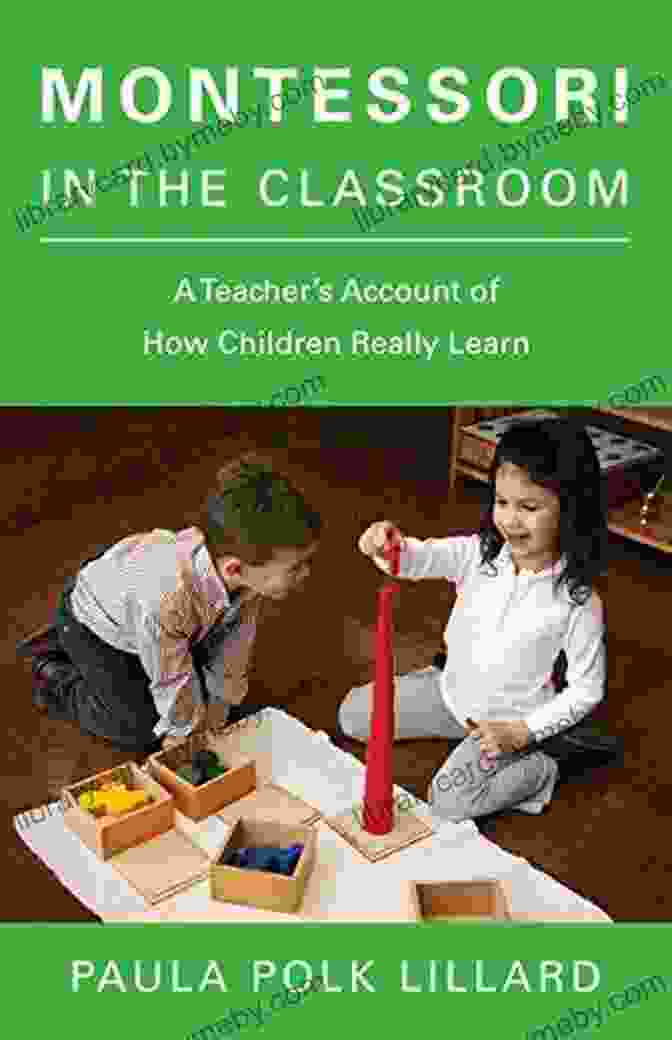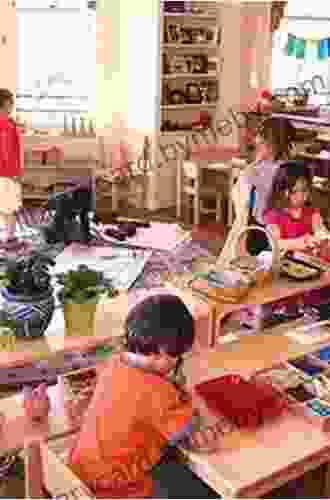"Montessori in the Classroom" is an indispensable resource for educators and parents who are passionate about providing children with the best possible start in life. This comprehensive guide delves into the revolutionary Montessori approach to early childhood education, empowering you with practical strategies, hands-on activities, and expert insights to nurture your child's natural love of learning.
Principles of Montessori Education
Developed by the renowned Italian physician and educator Maria Montessori, the Montessori method emphasizes the importance of following the child's natural developmental path and fostering their individuality. Key principles of Montessori education include:
4.6 out of 5
| Language | : | English |
| File size | : | 1797 KB |
| Text-to-Speech | : | Enabled |
| Screen Reader | : | Supported |
| Enhanced typesetting | : | Enabled |
| Word Wise | : | Enabled |
| Print length | : | 299 pages |
- Child-centered learning: Children are active participants in their own learning process, choosing activities that align with their interests and developmental needs.
- Respect for the child: Montessori educators treat children with dignity and respect, valuing their opinions and ideas.
- Prepared environment: The Montessori classroom is designed to be a safe, well-organized space that encourages independence and exploration.
- Hands-on activities: Montessori materials are designed to provide children with concrete experiences that support their cognitive, physical, and social development.
- Observation and assessment: Montessori educators observe children closely to understand their strengths, interests, and areas for growth.
Benefits of Montessori Education
Research has consistently shown that children who participate in Montessori programs demonstrate significant academic, social, and emotional benefits, including:
- Improved academic achievement: Montessori children develop strong foundational skills in literacy, math, and science.
- Enhanced creativity: Montessori materials and activities encourage children to explore their imaginations and express themselves creatively.
- Greater independence: Montessori children learn to take responsibility for their own learning and become more self-sufficient.
- Improved social skills: Montessori classrooms foster cooperation, empathy, and respect for others.
- Increased self-confidence: Montessori children develop a strong sense of self-worth and a positive attitude towards learning.
Implementing Montessori Principles in the Classroom
"Montessori in the Classroom" provides detailed guidance on how to implement Montessori principles in your own classroom or home environment. You will learn about:
- Creating a nurturing and supportive classroom atmosphere
- Selecting and using Montessori materials effectively
- Observing and assessing children's progress
- Collaborating with parents and families
- Adapting Montessori principles to meet the needs of diverse learners
Empower Your Child's Learning Journey
"Montessori in the Classroom" is an essential guide for anyone who aspires to provide children with a transformative educational experience. By embracing the Montessori approach, you can unlock your child's full potential and empower them with a lifelong love of learning.



























































































